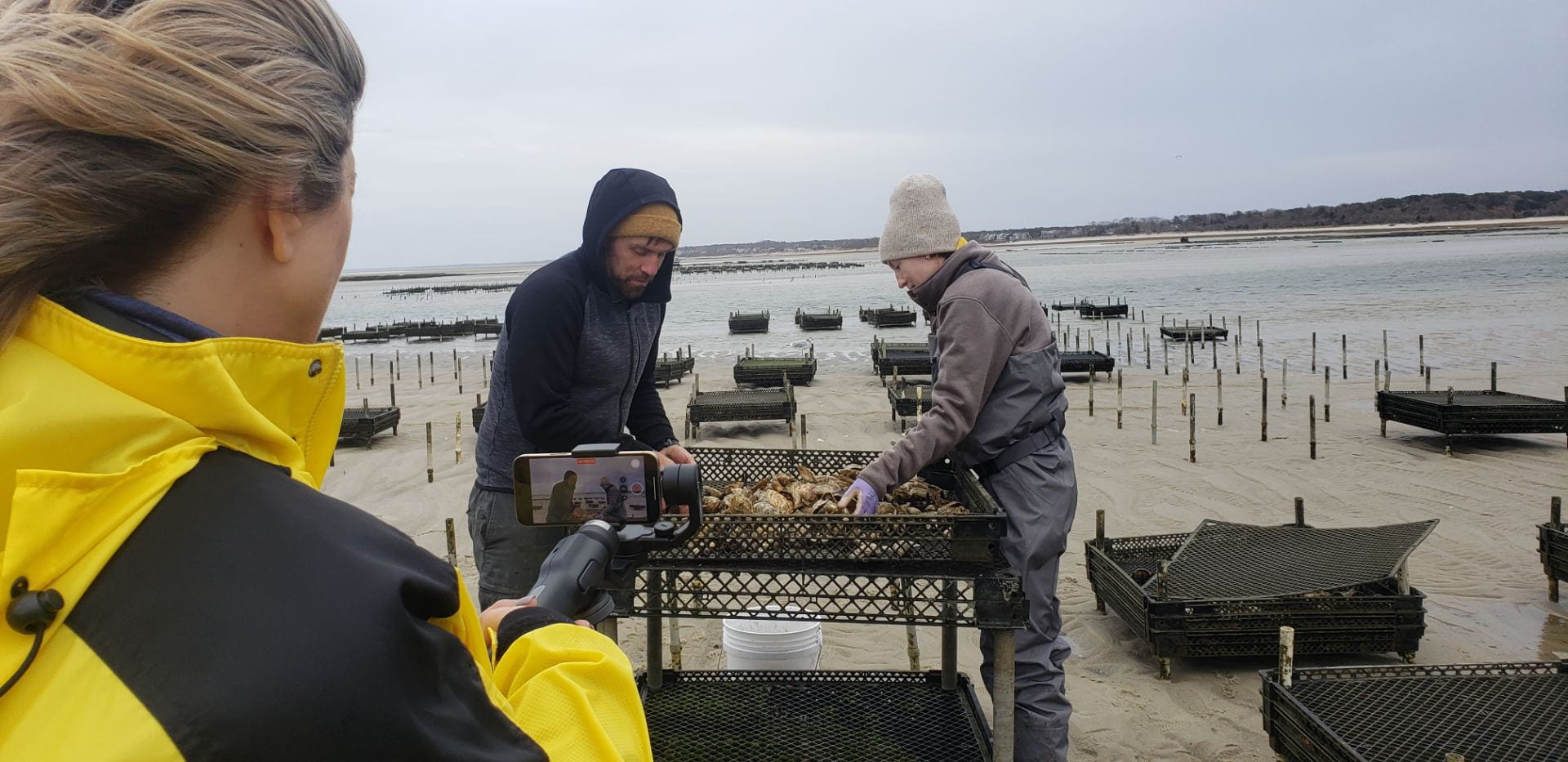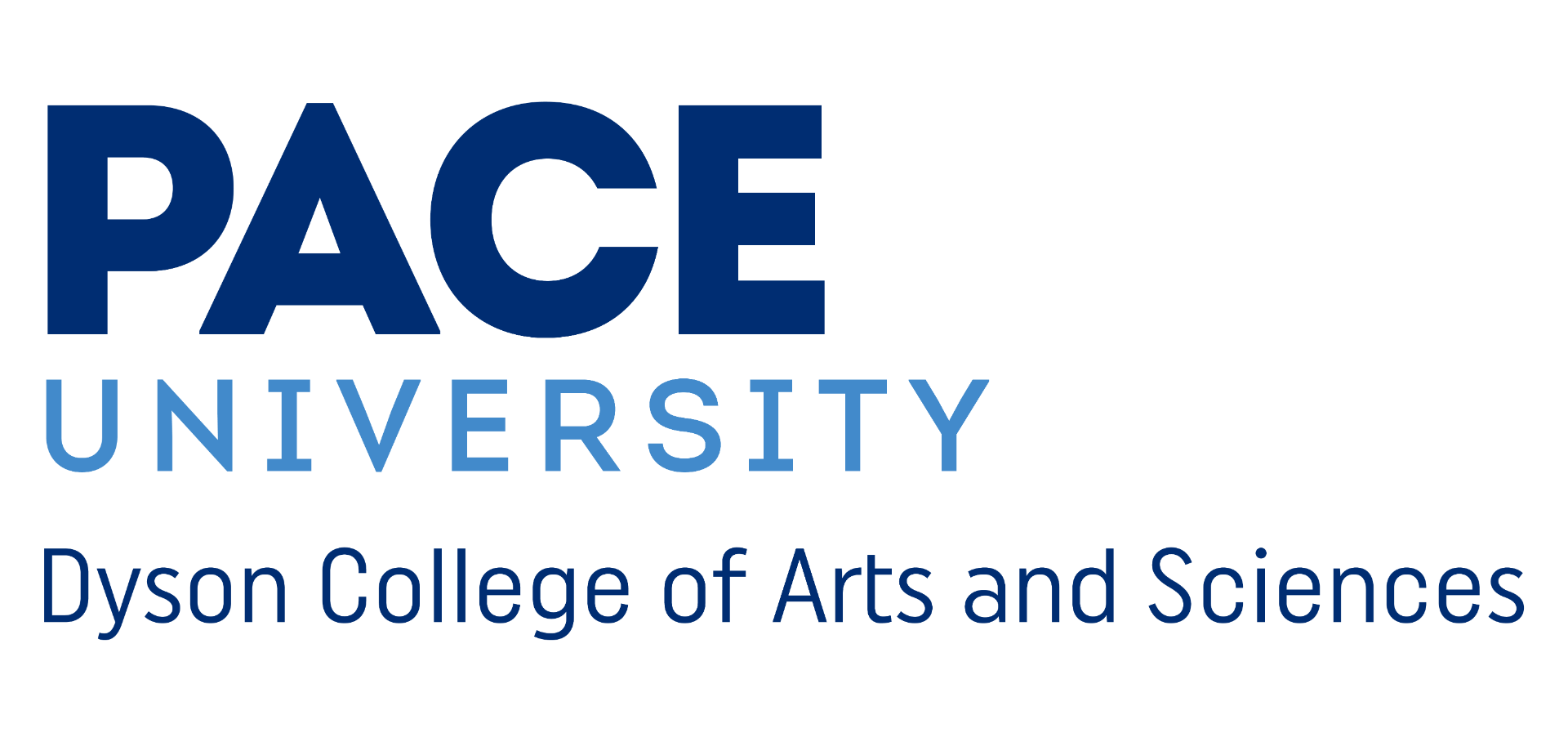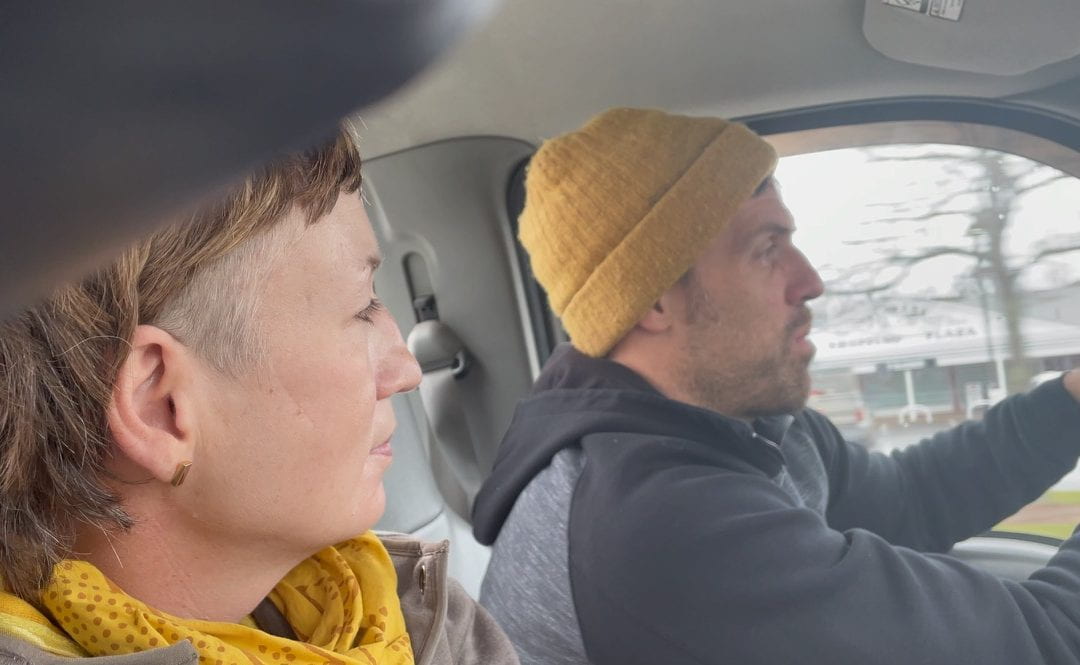February 10, 2022
On the shore of the Nantucket Sound in Dennisport sits a restaurant named among the 100 Most Scenic Restaurants in America by OpenTable. Many consider this restaurant the best on the Cape: The Ocean House.
The critically acclaimed venue offers fine cocktails, breathtaking views, organically farmed ingredients, and locally sourced seafood. In many ways, Morgan Ward is the great and powerful man behind the curtain, as the restaurant’s exclusive supplier of oysters from his family’s oyster farm (@QuivettFamilyOysters on IG).
Morgan joined us via Zoom during our second class to discuss the family business – what he describes as living a dream. Maybe I’m a sucker for sunsets on the Cape or perhaps for children smiling over the same activities that once excited their ancestors, but, if you’re like me, a scroll through their Instagram feed will leave you with a longing for a simpler existence by the sea you never knew you had. And then, Morgan confirmed it: “The worst day on the flats beats the best day working for somebody else.” He smiled coyly, as if he had revealed a secret.
But the beauty of oyster farming is no secret. In fact, he admitted there is a “hot status” attached to the trade as of late, with many eager to get sand in their shoes to be able to say they do it. In the early days of oyster farming, there was less interest in the labor of love than there was acreage available. Today the case is nearly the opposite.
Massachusetts has 351 cities and towns, of which, 70 are coastal communities. Of those, as Morgan explained, many are limited for hosting such an operation. The “blue economy,” or the exchange of ocean resources for economic growth, is essential for the protection of livable wages out on the Cape. Much like the ocean for which the economy is named, though, the oyster industry is not without unrelenting waves.
Oysters have the remarkable ability to improve water quality. Supporting oyster sales via market or restaurant means supporting an industry that leaves the ocean in a better condition than before. However, a single nor’easter in a season can kick up enough sand to completely wipe out oyster larvae or seed. Rising water temperatures can also impact survival. And aside from the threats from Mother Nature, levels of pollution can limit opportunities for raising viable oysters.
Our conversation with Morgan afforded us an invaluable perspective and validated our reasons for wanting to tell this story in the first place.
To wrap-up the meeting, East Coast regions were then assigned to pairs of crew members tasked with delivering presentations on the aquaculture, oyster production, and potential contacts in that area. Our crew member, Danielle Schwartz (Graduate Assistant) from UConn, was asked to deliver a presentation on the impact of oysters in our ecosystem.
This industry persists against countless odds. It is not lost on me that the individuals who invest their time and attention to raise world-renowned shellfish are among the rarest gems of all. As we continue in our production journey, I look forward to meeting them.

Dennis, Massachusetts with Morgan Ward of Quivett Family Oysters.

